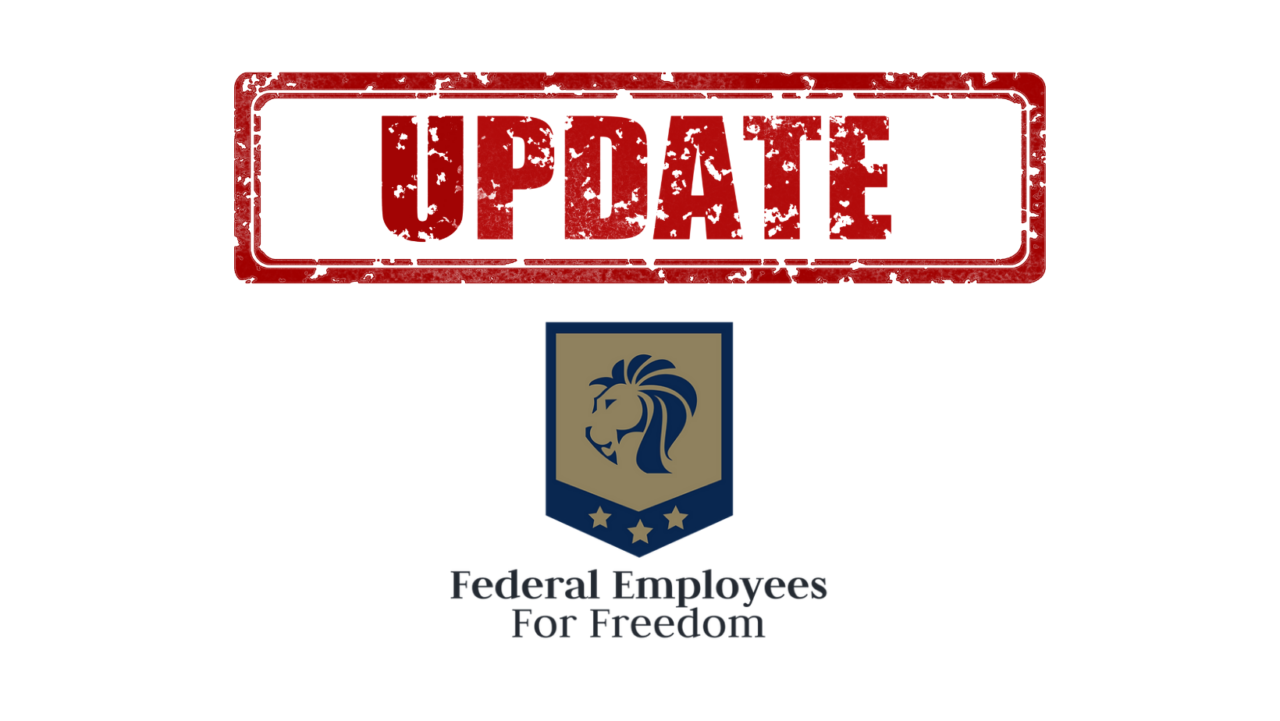
Interesting that the government has decided to do that [appeal the 5th Circuit Court of Appeals ruling on the Feds for Medical Freedom case related to the HFDF/FEFF case, and take it to the Supreme Court] It is a mistake on their part, I think, and an opportunity on ours.
It is by no means certain that the Supreme Court will accept the case, of course. In fact, I would not even give it a 50/50 chance, first, because there is no split in the circuits which often gives rise to Supreme Court review. In fact, this is a singular decision that it can safely ignore.
Second, the Court might conclude that given the state of the pandemic and the receding of mandates, it is not necessary for it to address an issue of this magnitude.
Third, as you will recall, the decision ultimately came down to a procedural/jurisdictional question and the Court doesn’t like to spend a lot of time on such low level debates.
There are two ways to view the situation if the Court does, in fact, decide to hear the case. The Court often picks up cases just because it disagrees with what a court of appeals has done. That is why the 9th Circuit is so often reversed. The Supreme Court generally reviews decisions from the 9th with which it disagrees and thinks it important to articulate.
The other way to look at this is that the Court might want to review it because it thinks this is an urgent question because we do not know when the next international panic will occur and government officials will try to do even more dictatorial things in response than they did the last time. It might want to make a statement for liberty. This Court has often done that and it is a clear trend.
But look at the trend. We are now winning cases after losing a lot the first two years. Why was that? It was because the conventional wisdom was that vaccines were “safe and effective”; that “science” knew what it was doing and judges should just toe the line of convention; that the media was in full howl ginning up an international panic and that government – our erstwhile protectors – was telling us that vaccines were the answer and would save us all from dying. And judges, after all, are part of the government and live with the illusion that the government would not lie to us; that it only has our best interests at heart and would only try to help us.
All the judges saw was what was in papers and on television and they, too, panicked.
With the perspective of time and distance and the lessening of passions, courts are now taking a more measured view of our assertions. That is one of the wonderful features of appeals. Cases are decided after panics have receded and cooler heads can be more dispassionate.
When we claimed the vaccines did not work to stop infection early on in the trial courts, some compared us to Holocaust Deniers. Now, no one thinks they prevented infection not only because, well, they didn’t, but also because a sufficient number of people who were vaccinated have, since, gotten infected with one variant or another. And, now, even judges know people – perhaps even themselves – who were vaccinated and promptly got sick.
That is why we won the LA Firefighters appeal. When we were at the trial court, we had an unhinged ideologue as a judge, but he was not, in the end, all that far from most of the other judges in thinking that we were wrong because the entire “scientific community” was saying so (even though it wasn’t; Tech was just censoring the story). By the time the court of appeal heard the case, it was at least plausible to the justices that our factual assertions might be provable.
So, if the Supreme Court takes this up, I think with this Court we have a fighting chance of getting the conclusion we want.
And I would want to submit an amicus brief in support of our position.
Here is my caution: It is also possible the Supreme Court will decide that in times of tremendous peril, the government has vast plenary powers to abridge liberty for the common good, as it is believed to be at the time. Do I think this Court would do so? No, because Justice Gorsuch has already telegraphed that he wants to revisit and, perhaps, overrule Jacobsen (or at least clarify its limitations) and I am fairly confident that Alito, Thomas and at least Barrett would agree with him. I have my doubts about Roberts, though he went along with the Archdiocese of Brooklyn and Pentecostal Church cases.
So, who knows?
In any event, it would be an opportunity for us to weigh in again and at a higher level. And then we might get a final answer.
JWH














